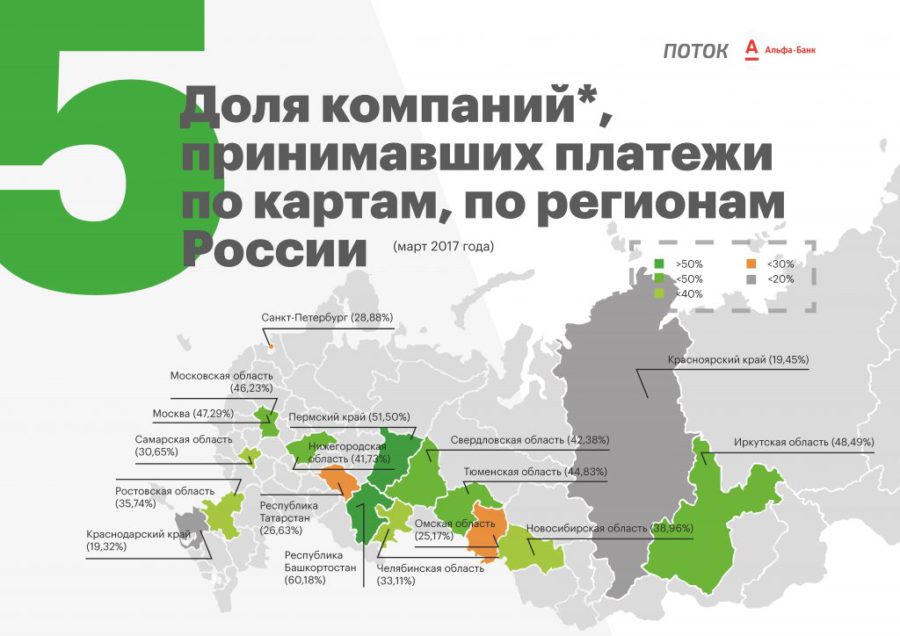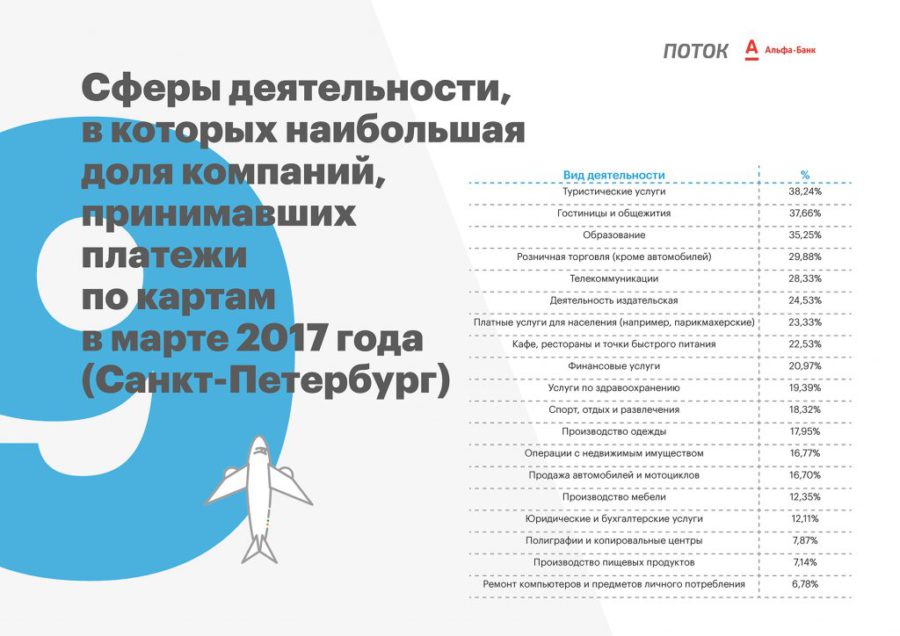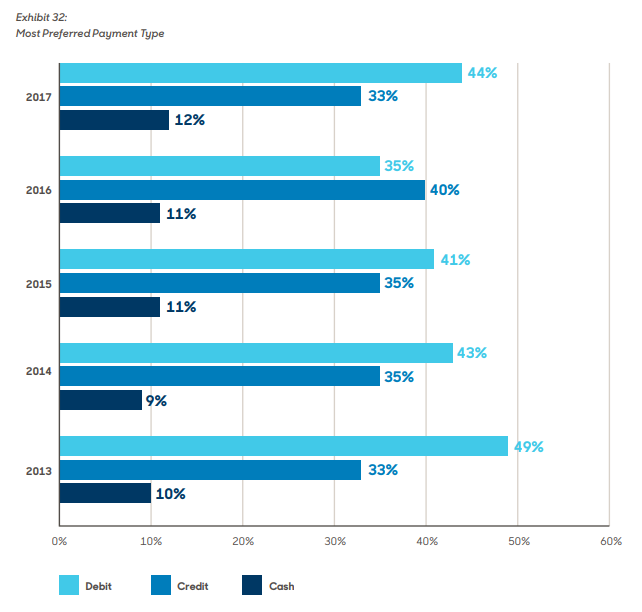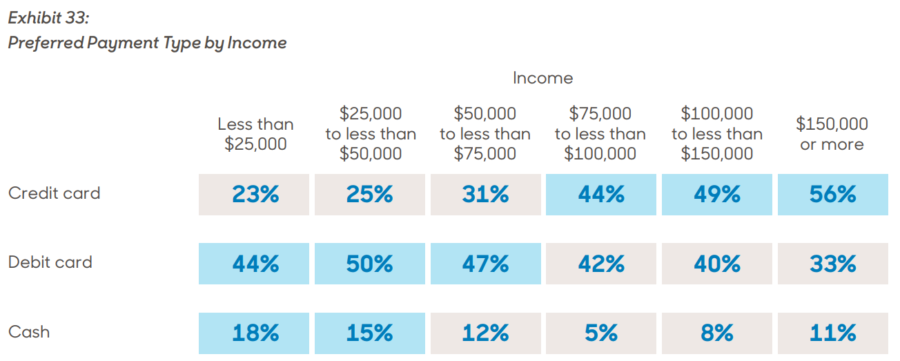I love Saturday articles, because here you can talk about extraneous topics. In this text, I propose to discuss the question, do you need cash or can you live only in 'numbers' on the card?
I can't remember a single science fiction movie where ordinary money is used. There is something more or less similar to traditional money in the Star Wars universe. There, sometimes some 'chips' flicker on the screen, representing the local most common currency – 'standard galactic credit'. But basically, always in fiction, money is 'credits' on the screen of some gadget.
However, it turns out that such a future has practically arrived. More and more companies are appearing that refuse to accept cash. Of course, we are talking about developed countries (like the United States and Great Britain), but, I think, in a year or two, trends will reach us. Although, of course, the world still cannot decide whether this is good or bad. They even talk about discrimination, elitism and world conspiracy, but let's talk about everything in order.
What's happening?
About a year ago, Western newspapers (Guardian, The New-York Times, WSJ and others) began to discuss the topic that cash is no longer favored at the checkout. Each story starts with a typical story. For example, a journalist from The Guardian went to a certain cafe (Öl at Hatch) on Oxford road in Manchester, where he was refused service. Or reporter Anna from the WSJ couldn't buy coffee in a trendy cafe in New York. The $ 5 bill was simply not accepted. This caused a strong protest from both media representatives.
On the contrary, I am impressed by the situation with the transition to 'plastic'. After all, cash is inconvenient in everyday use. And I would rather not go to a place that only accepts cash. I say this competently, Pyaterochka works on the first floor of my house. I don’t know what happened, but last summer they didn’t accept cards for most of the week. And I realized that it is easier for me to walk half a kilometer to another store than 100 meters to an ATM.
It should be understood, however, that the situation is not uniform. For example, the same WSJ article provides statistics that 50% of small businesses in the United States still accept only cash. And, for example, in Sweden, on the contrary, 81% of all payments are 'digital'.
We managed to find data about Russia in March 2017 from the research of Alfa-Bank. According to the materials, only 39.5% of Russian companies accepted cards for payment. And in 2016 the situation was even worse: 32.2% worked with 'plastic', that is, the growth of 2017 to 2016 was 25%. Theoretically, if the dynamics persist, then we now have a situation of about 50-50, when half of them work only with cash. But here I would like to draw your attention to the fact that in the USA we are talking only about small businesses, Alfa-Bank assessed everything.
By the way, note that the results in Russia are not the most predictable. So, for example, the best situation with 'plastic' is in Bashkortostan (60%) and Perm (51%), but in St. Petersburg – only 29%.

At the same time, when you imagine an institution where cards are not accepted, then some small shop or a seedy cafe is drawn. It turns out that the opposite is true. Surprisingly, less than 30% of retailers accept cards and only 22% of all cafes, restaurants and fast food outlets.

To answer the question about the research methodology: 'A statistically significant random sample of 200,000 small and medium-sized businesses was taken to prepare the report. The study is based on anonymized transaction data for the period March 2016 – March 2017. All companies are clients of Alfa-Bank. Additionally, companies working with individuals were selected, in particular, from the retail trade, catering, hotels, health services, tourism, education and paid services for the population (for example, beauty salons). '
Why are cards good?
Let's try to figure out what are the advantages of accepting only cards.
- One of the upsides is that digital money is cheaper. Yes, Visa and Mastercard take commissions, but it is still more profitable. I loved the story of the owner of two pizzerias in Manhattan. The first is traditional, in the second only cards are accepted. The owner says that the second is more profitable and less hassle with it. Analysts calculated that out of $ 100 spent on lunch, $ 11.4 is subsequently spent on operations related to servicing paper money. While Visa will take only 1.5-4% (maintenance of a bank account is not considered, since you have to pay for it in both cases). These numbers agree with what the pizza owner said. In his opinion, he would have had to raise prices by 10% if he had to accept cash.
- Another noted plus is the speed of work and service. When paying by card, the queue moves much faster, and when closing, employees spend only a couple of minutes to complete the shift. While paper money requires half an hour – to remove the cash register, count and check everything, fill in the appropriate papers, put it in the safe. When I worked as a salesperson, such actions always took at least 18-20 minutes, although we tried to optimize the process to the maximum by making an automated form in Excel, which itself wrote down the amount in words and put down everything else. The shape was a little bit crooked, so at a certain stage, the auditing authorities called the accounting department and asked suspiciously what we were doing there. As I understand it, their system did not want to work with our form, where the lines were shifted by a couple of millimeters.
- Also, in the pluses, you need to add the speed of getting money to the account. There is no need to wait for collection, bank processing, etc.
- An obvious plus of 'cards' is that the cash desk always converges. All the money is immediately visible, respectively, the supervisory authorities have fewer questions.
- None of the employees steal.
- And no one will rob such an institution.
For buyers, the advantages are also obvious:
- Banks usually always offer cashback. For example, I do not pay for the MTS operator, as I spend 10 thousand on a card every month.
- The main plus. Considering that the mobile Rocketbank is always at hand, it turns out that all my money is always with me and I can transfer or spend it at any time. The same goes for other banks. I can terminate from the phone and withdraw money from the deposit.
- I love the concept of an electronic tip where you choose how much to tip, 5 percent, 10 percent, or 15 percent.
- Maps are easier to carry, take up less space, and are water-resistant.
- Losing a card is not the same as losing money.
And now what are the advantages of working with cash (this is the only thing I could think of, think differently – please write in the comments):
- If a business or a person does not want to pay taxes, then cash is the best option.
Who Loves Cash?
However, the situation looks a little different if you look at it from the side of the buyer. In general, plastic is also beneficial for customers. I did not find data for Russia, but a 2017 study in the United States (the 18th year has not yet been released) revealed that 44% prefer to pay with a credit card, another 33% with a debit card. And only 12% love cash (the rest still use checks).

And according to this schedule, everything seems to be fine. But here's what happens if you look at the statistics in terms of income.

People with high incomes prefer credit cards, while those who do not pursue material goods, on the contrary, tend to cash. This also includes statistics that people without education avoid banking products. For example, 30% of all respondents without education had no cards. And only 2% of those who have higher education. In general, this is logical. Usually it is human nature to be afraid of what he does not understand. So it is in this case. People without education may simply not have enough energy to figure out financial details such as an interest-free period, service costs, categories with increased cashback, etc. Also, such people are more afraid that the bank will deceive them and take everything. But they love financial pyramids and other 'scams'.
Interestingly, in general, age affects the use of maps to a lesser extent. At least this is true of the US study. There is no information about Russia, but I regularly watch elderly people pay with cards in the store.

In the US, a bill prohibiting the 'card-only' format will be considered in February. Many are seriously concerned that the proliferation of such establishments will lead to the fact that the life of the so-called vulnerable segments of the population will become even worse. For young people, the poor, the uneducated, many places will become difficult to access. It is trite to be unable to pay. It also includes people who fundamentally do not want to use bank cards (are there any?). Thus, the statistics for the United States say that if a person is poor and unwise, then most likely he is afraid of banks.
Conclusion
Write your opinion in the comments. How often do you use paper money, how do you feel about the idea of a 'cashless world'. What is your general attitude to cards (including credit cards) – good or bad?
I'll tell you about myself. I use cash as rarely as possible, however, as well as specifically with cards, since I prefer Android or Samsung Pay. During the vacation I was forced to use the 'cache'. And I suffered terribly with these dirty, crumpled pieces of paper, which were striving to scatter in the wind. I have a positive attitude towards the idea of 'card-only'. This really speeds up the queues in stores and the payment process significantly. Also, I think it will reduce the number of various beggars who have recently been divorced in shopping centers at food courts asking for a few rubles. Probably, over time, they will acquire electronic terminals. And they will come up with the phrases 'brother, hold your phone for half a second'. But, at least for a few months, peace and quiet will come.
